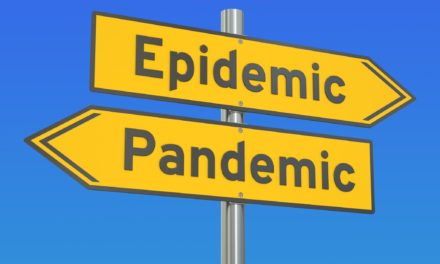“I read the newspaper avidly. It is my one form of continuous fiction.”
Aneurin Bevan
Nonfiction writers have, for centuries, published long-form pieces that revealed the personal lives of people—usually with their permission—sometimes not. Back in the print era, sharing personal information was mostly a legal issue, not an ethical one. Broadly viewed, writing about someone else’s personal life is ethical if the person has consented to the writer’s publication of the information, the information is true, fairly presented, and not harmful to the person. The focus is on the subject rather than the writer.
Tabloids, rags, scandal sheets, yellow-journalists, alt-righters, and browbeaters, never seek permission. They trust the First Amendment to shield what they reveal. For that part of the nonfiction world, there are no ethical boundaries and only limited respect for the personal consequences to innocent people drug through their mud for a deadline or a scoop. For mainstream media, publishing personal information without permission can have a potentially adverse legal impact even if the portrayal is factually accurate. But laws and litigation do not focus on the ethical or moral implications of revealing private information. So not surprisingly, governments everywhere covet private information, acquire it daily, and care little whether their own acts invade the privacy of private citizens.
But what of the individual private author writing nonfiction about a private person? That’s the narrow ethical boundary I’m looking for. Is there such a thing as “personal ethics?” Do nonfiction authors have moral obligations to assess right from wrong in their writing? Should nonfiction authors follow their own conscience when deciding what to reveal and what to hold back about a private individual in columns, stories, books, essays, Facebook postings, blogs, tweets, or texts?
One’s personal ethics are rarely identified by philosophical institutions as a formal area for philosophical investigation, but the history of philosophy, West and East, includes much work about individual choices, good and bad ways of living, and articulating what may be guides to good living on a personal level. Philosophers over the millennia have addressed good and bad values in politics, culture, religion, and so on, but they also took seriously individual struggles and values.[1]
The Society of Professional Journalists has a “Code of Ethics.” It advises journalists to “minimize harm.” Specifically, it requires members to:
(1) Treat sources, subjects and colleagues as human beings deserving of respect.
(2) Show compassion for those who may be affected adversely by news coverage.
(3) Use special sensitivity when dealing with children and inexperienced sources or subjects.
(4) Be sensitive when seeking or using interviews or photographs of those affected by tragedy or grief.
(5) Recognize that gathering and reporting information may cause harm or discomfort.
(6) [Remember that] pursuit of the news is not a license for arrogance.
(7) Recognize that private people have a greater right to control information about themselves than do public officials and others who seek power, influence or attention.
(8) Only an overriding public need can justify intrusion into anyone’s privacy.
(9) Show good taste.
(10) Avoid pandering to lurid curiosity.
(10) Be cautious about identifying juvenile suspects or victims of sex crimes.
(11) Be judicious about naming criminal suspects before the formal filing of charges.
(12) Balance a criminal suspect’s fair trial rights with the public’s right to be informed.”[2]
Obviously, private authors writing for themselves rather than the media, writ large, are not bound by the professional journalist’s code. But that would be a good place to start. Another would be to remember what a famous writer said about a private author: “He seemed at once preoccupied, knowledgeable, worldly, remote, detached, vain, skeptical, eccentric, self-sufficient, indestructible, egomaniacal, and hospitable to praise. He was like almost every other writer I had known in my life.”[3]
P’haps we shouldn’t be surprised that the word “ethical” does not appear in Mr. Theroux’s list of writer’s attributes.
[1] https://pages.stolaf.edu/ein/disciplines/personal-ethics/
[2] http://www.spj.org/pdf/ethicscode.pdf
[3] Paul Theroux. Page 216. Breathing On Your Own-Quotations for Independent Thinkers. Richard Kehl, Darling & Company, Blue Lantern Studio, Seattle WA, 2001





 I am an author and a part-time lawyer with a focus on ethics and professional discipline. I teach creative writing and ethics to law students at Arizona State University.
I am an author and a part-time lawyer with a focus on ethics and professional discipline. I teach creative writing and ethics to law students at Arizona State University.  My latest novel is Hide & Be.
My latest novel is Hide & Be.  If you have an important story you want told, you can commission me to write it for you.
If you have an important story you want told, you can commission me to write it for you.